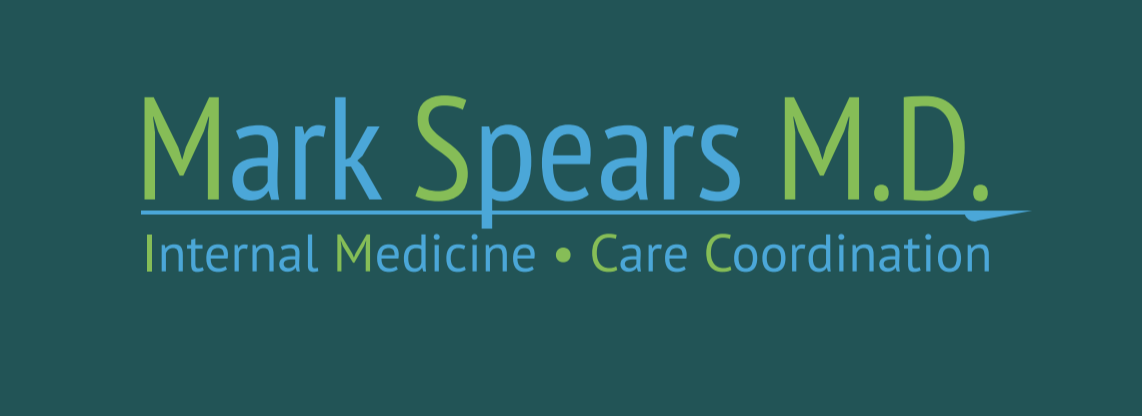Primary Care and Preventive Services

Patients with multiple chronic conditions have more hospitalizations, physician visits, and emergency room visits and are more at risk of rapid deterioration in their health from acute illness. The Centers for Medicare & Medicaid Services (CMS) has implemented policy to pay providers for chronic care management (CCM) services delivered to beneficiaries with two or more chronic conditions with the goal of improving health and quality of care for more complex patients. CCM includes developing and revising a comprehensive care plan , actively monitoring each disease, communicating with other health professionals, providing enhanced access to a dedicated care team and ongoing medication management.

Hypertension or “high blood pressure” is a prolonged or constant elevation in the patient’s blood pressure that can lead to damage of the heart and vascular system. These patients are at an increased risk of strokes, coronary heart disease, kidney disease and blood vessel damage. This disease can be quite successfully managed with oral medications and health lifestyle changes. Dr Spears will work with you to create a treatment plan and monitor your blood pressure with periodic office visits and advanced home monitoring when necessary
 Elevated cholesterol levels are associated with high levels of fat in the diet and can be caused by a genetic predisposition. Elevated cholesterol levels damage blood vessels and organs resulting in increased risk for strokes and heart disease. Reevaluating dietary habits and using appropriate medications such as “statins” can markedly reduce the cholesterol levels and decrease the risk of stroke and cardiovascular disease..
Elevated cholesterol levels are associated with high levels of fat in the diet and can be caused by a genetic predisposition. Elevated cholesterol levels damage blood vessels and organs resulting in increased risk for strokes and heart disease. Reevaluating dietary habits and using appropriate medications such as “statins” can markedly reduce the cholesterol levels and decrease the risk of stroke and cardiovascular disease..
 The early detection of cancers, heart disease and chronic illness is clearly associated with improved outcomes, longer survival and a better quality of life. We will utilize the most updated recommendations combined with a personalized approach that takes into account your family and medical history. This includes but is not limited to:
The early detection of cancers, heart disease and chronic illness is clearly associated with improved outcomes, longer survival and a better quality of life. We will utilize the most updated recommendations combined with a personalized approach that takes into account your family and medical history. This includes but is not limited to:
- Screening Colonoscopy
- Annual Mammography
- Serologic Cancer Screens
- Prostate Cancer Screening
- Endocrine Disease Screening
- Risk factor Modification: Smoking, Obesity, Inactivity, Alcohol

Integrative care after hospitalizations, surgical procedures and emergency room visits is key to assure the best outcome and minimize complications and readmissions. We will monitor your progress and communicate directly with your care team to assist with obtaining home health, rehabilitative services and specialist follow up.

Asthma is reversible airway obstruction and COPD is typically associated with permanent lung changes. Both diseases can be life threatening if not managed properly. Therapies may be as simple as removal of allergens and rare inhaler use but often these diseases require daily use of specialized inhalers and oral medications. We will objectively evaluate your lung function with breathing tests, x-rays and symptoms monitoring in order to create an individualized plan that prevent respiratory distress and improves quality of life.
 This is a broad group of diseases which includes atrial fibrillation, congestive heart failure, valvular heart disease and myocardial infarctions. Our focus is clearly on prevention and early detection followed by active management with appropriate medications and lifestyle changes. Management often includes working cooperatively with your cardiologist to ensure the disease process is stabilized and controlled to provide the best possible quality of life.
This is a broad group of diseases which includes atrial fibrillation, congestive heart failure, valvular heart disease and myocardial infarctions. Our focus is clearly on prevention and early detection followed by active management with appropriate medications and lifestyle changes. Management often includes working cooperatively with your cardiologist to ensure the disease process is stabilized and controlled to provide the best possible quality of life.

While our practice focuses on chronic illnesses and preventive care there will certainly be times where parents need immediate care for an acute illness. We are available to treat upper respiratory infections, minor wounds, urinary tract infections and other acute illnesses. In an effort to ensure access to care a number of acute care visits are set aside each day for patient convenience and access to care.

Diabetics have inappropriately elevated blood sugars and an inability to properly control blood sugar levels. Symptoms may included fatigue, persistent thirst and unexplained weight loss.
Without proper treatment diabetics are at an increased risk for heart disease, strokes, kidney failure , neuropathy and blindness. Treatment may involve only adjustments to diet and weight loss but often requires a detailed management strategy with home glucose monitoring, oral medications and sometimes insulin management.
